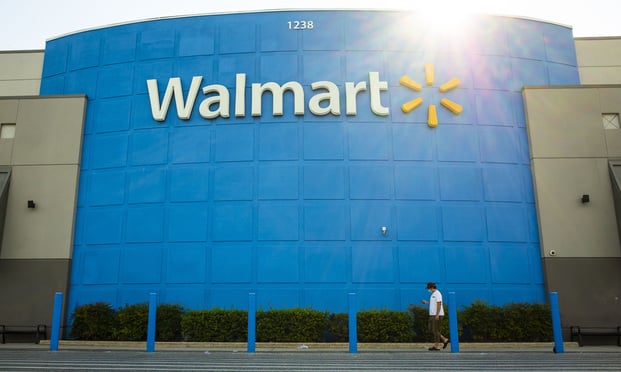(Bloomberg) -- UnitedHealth Group Inc. should havestayed out of the Patient Protection and Affordable CareAct's new individual markets longer, the chiefexecutive officer of the biggest U.S. health insurer said Tuesday,after announcing last month that it will take hundreds of millionsof dollars in losses related to the business.
Instead of expanding into PPACA next year, the company shouldhave kept waiting, UnitedHealth CEO Stephen Hemsley said at aninvestor meeting in New York.
Continue Reading for Free
Register and gain access to:
- Breaking benefits news and analysis, on-site and via our newsletters and custom alerts
- Educational webcasts, white papers, and ebooks from industry thought leaders
- Critical converage of the property casualty insurance and financial advisory markets on our other ALM sites, PropertyCasualty360 and ThinkAdvisor
Already have an account? Sign In Now
© 2024 ALM Global, LLC, All Rights Reserved. Request academic re-use from www.copyright.com. All other uses, submit a request to [email protected]. For more information visit Asset & Logo Licensing.








